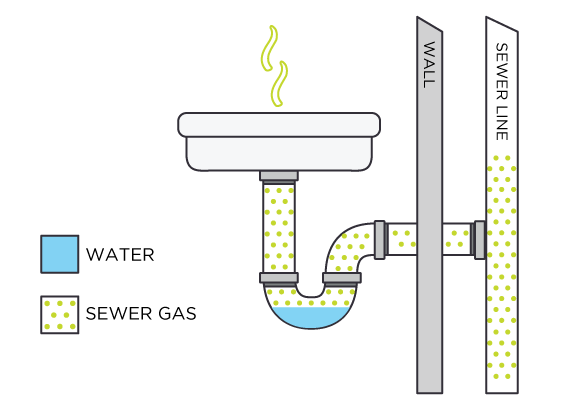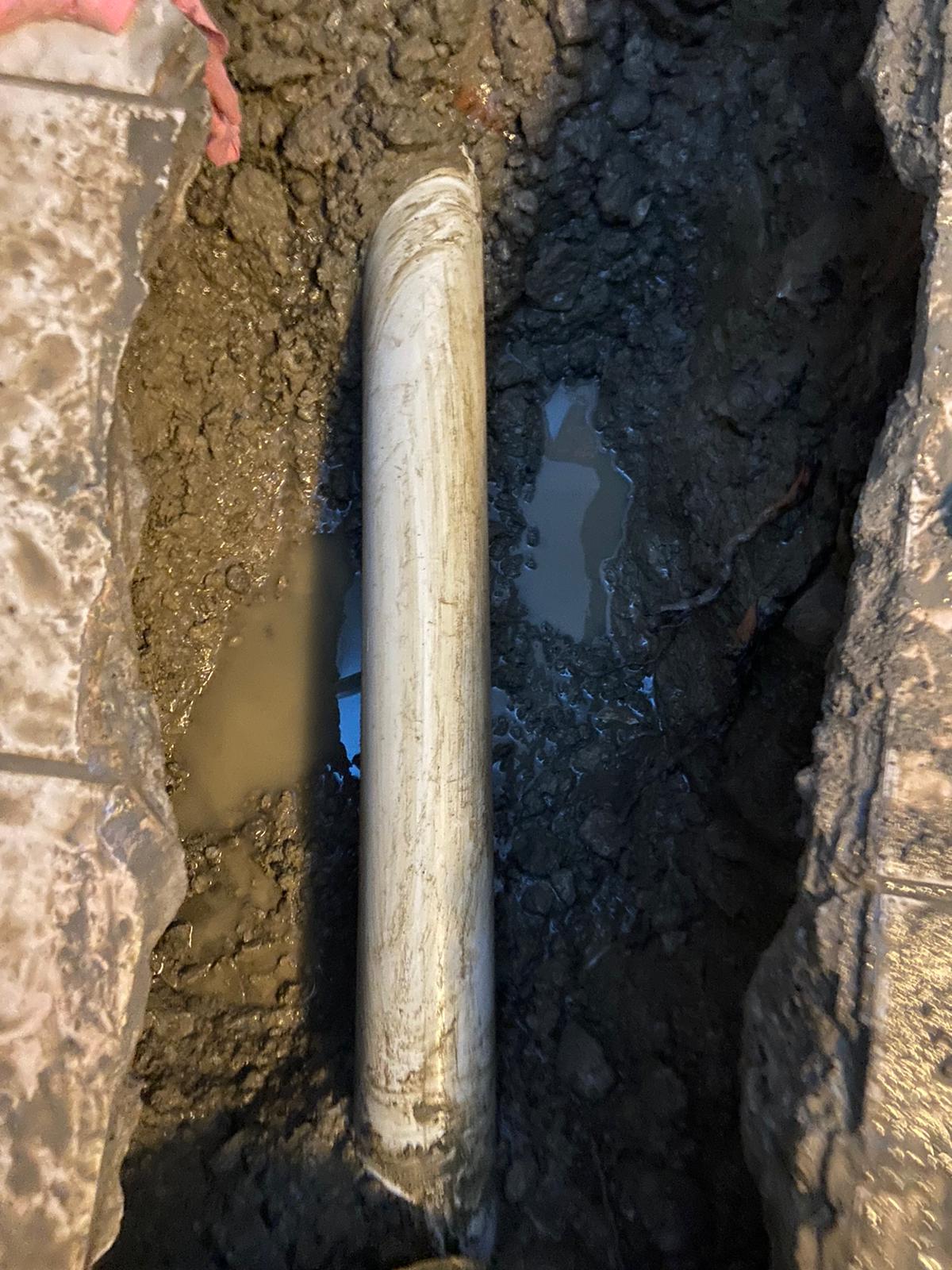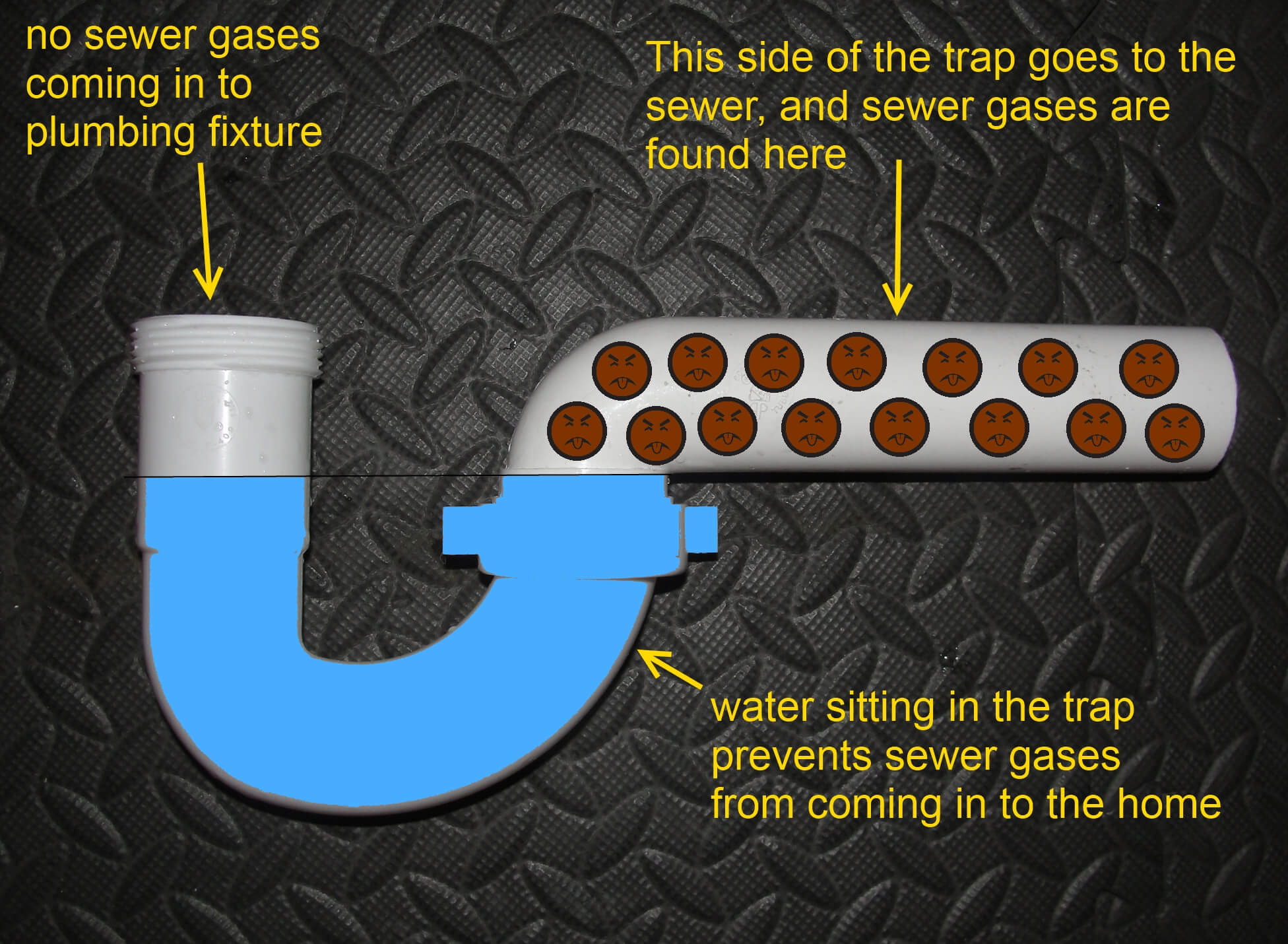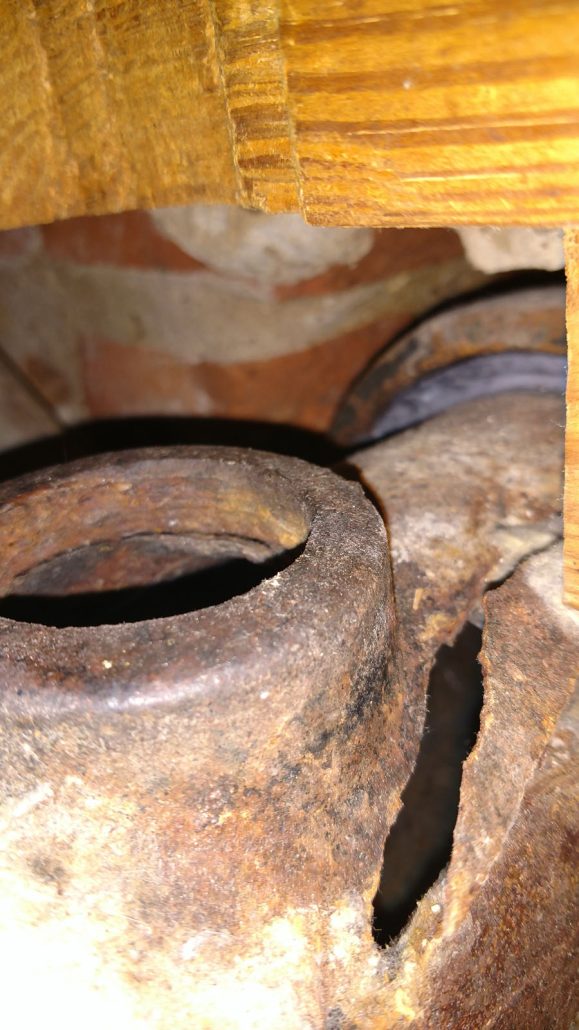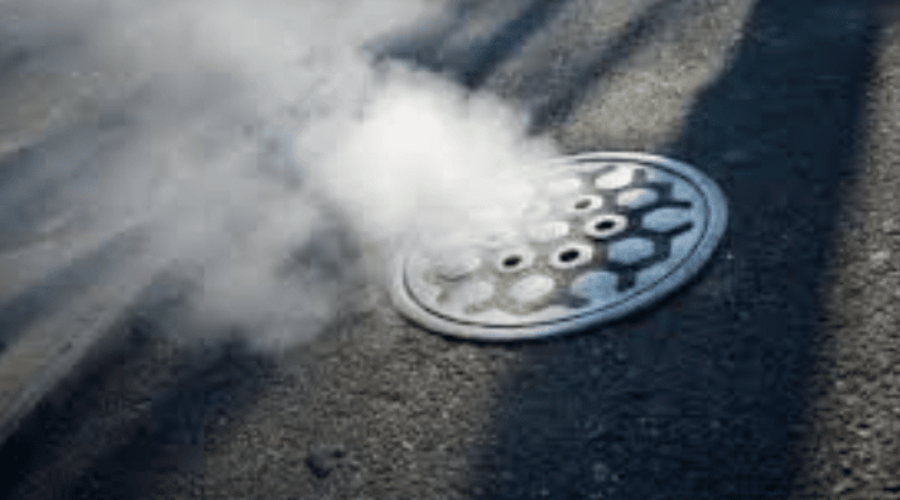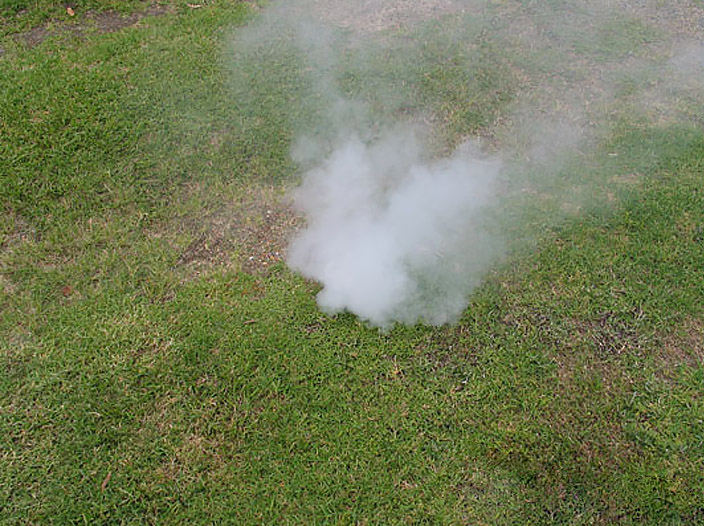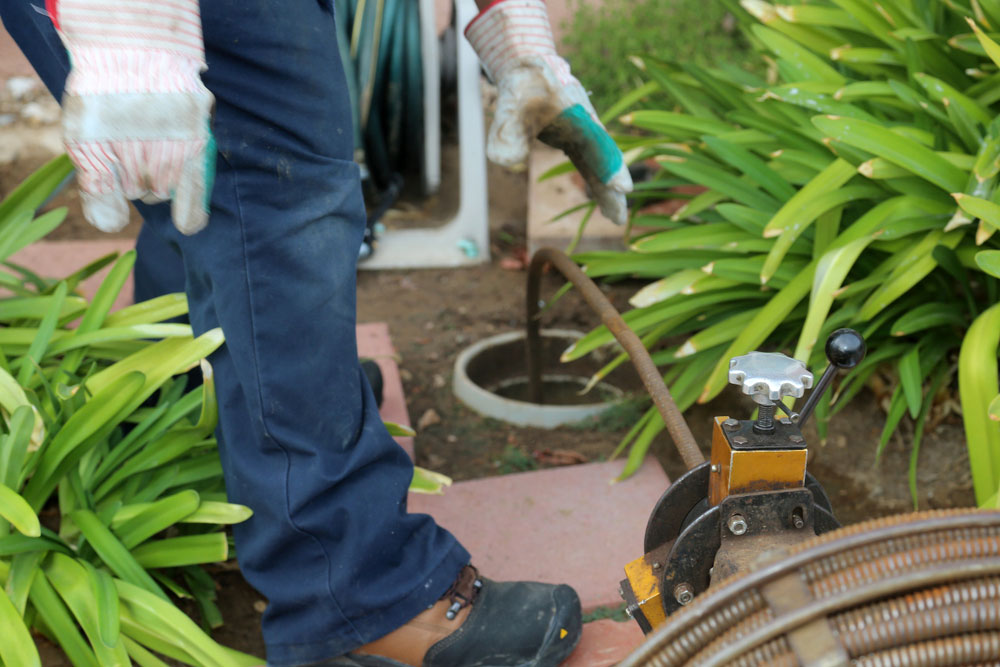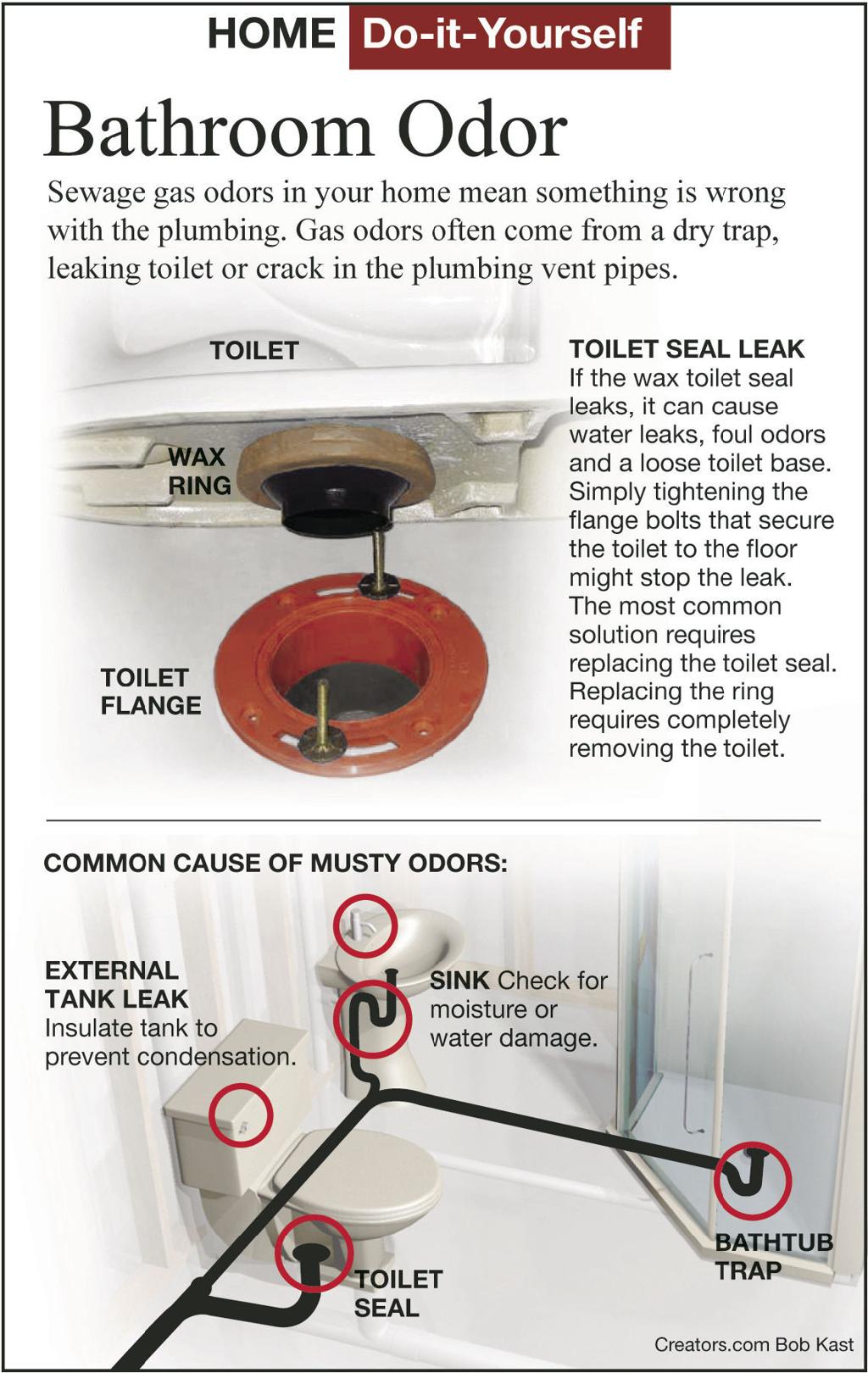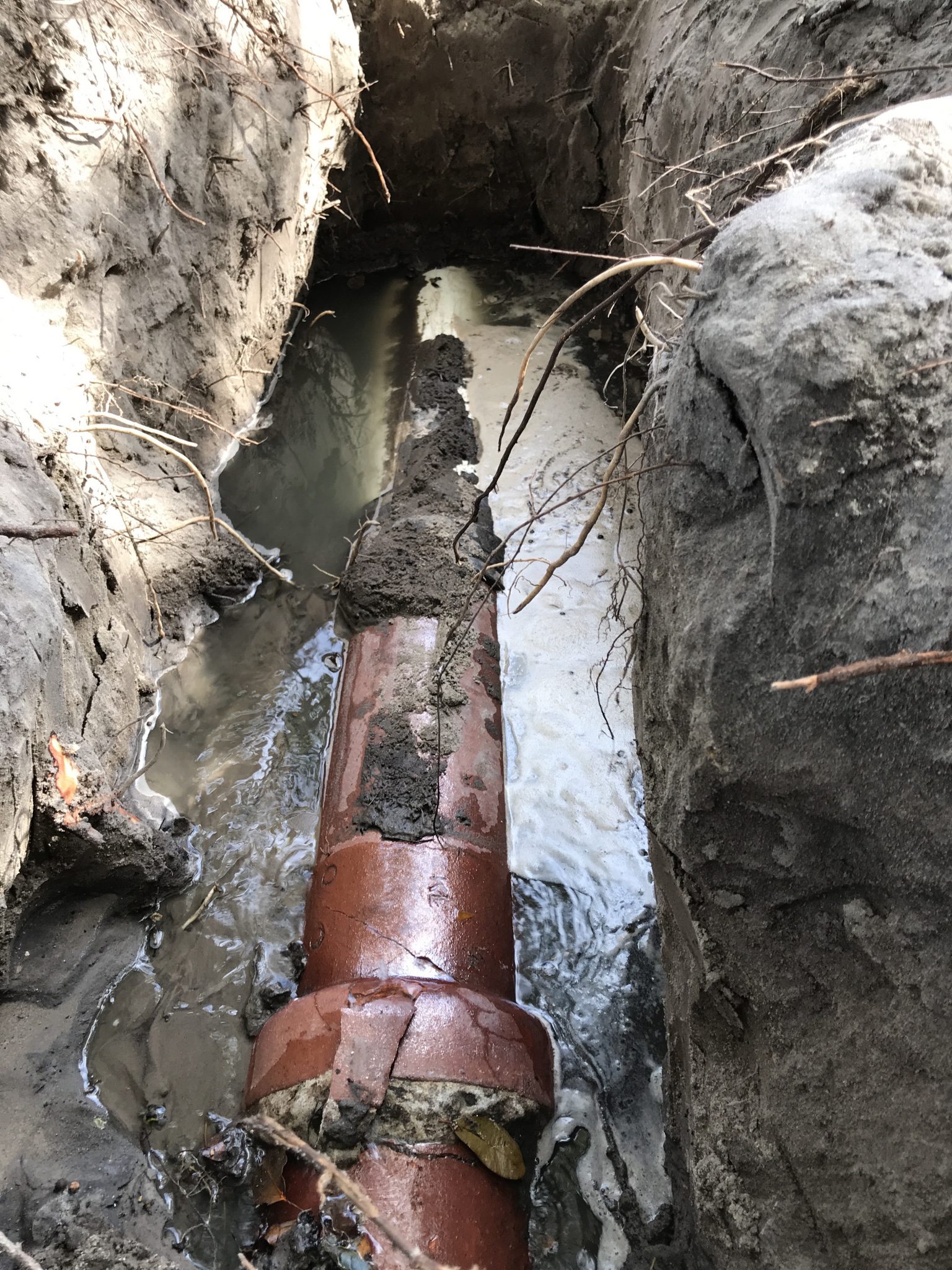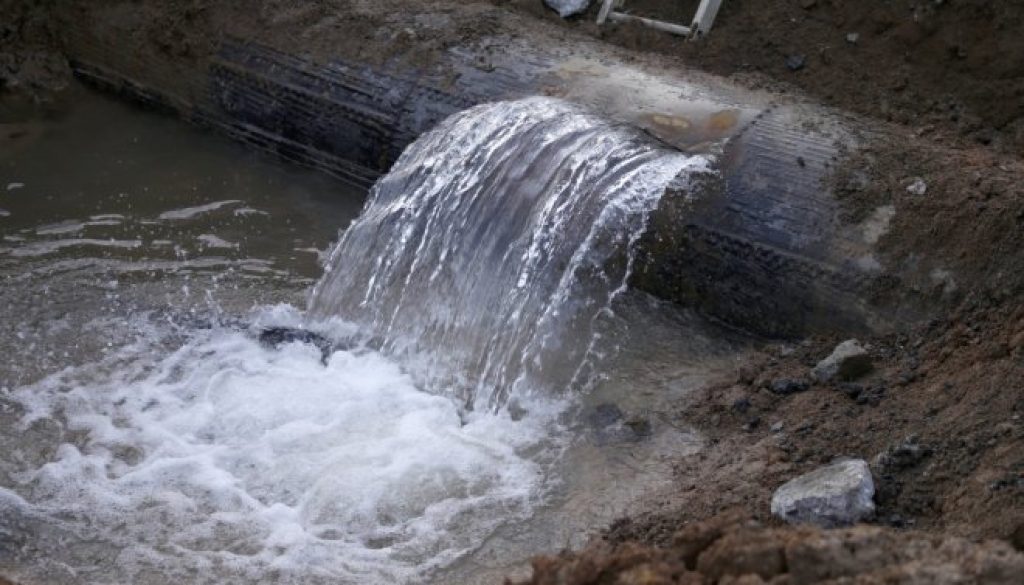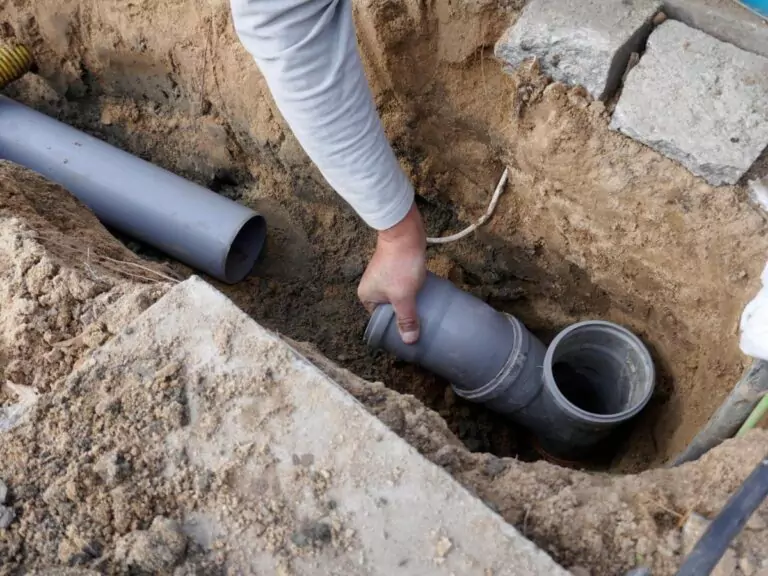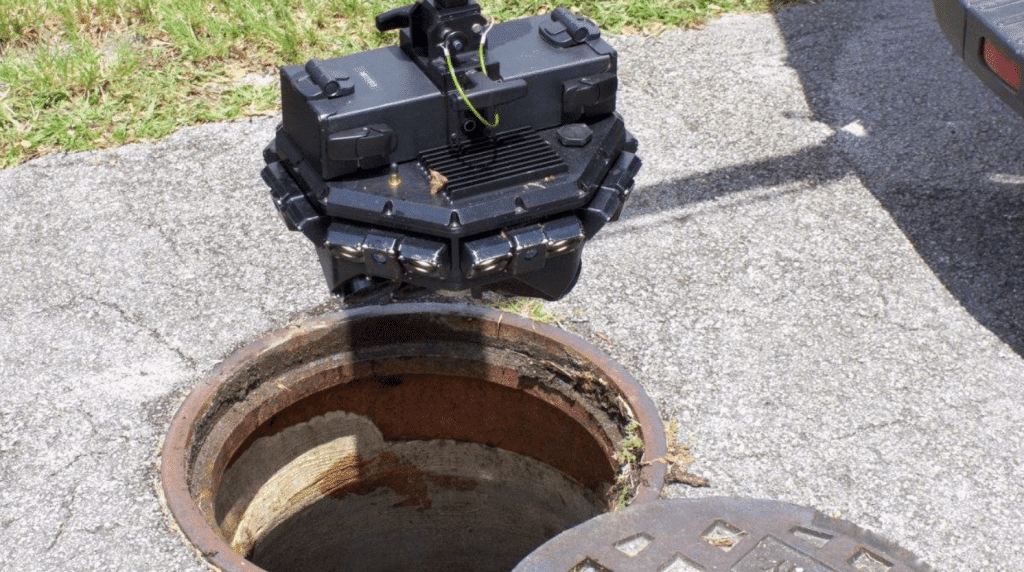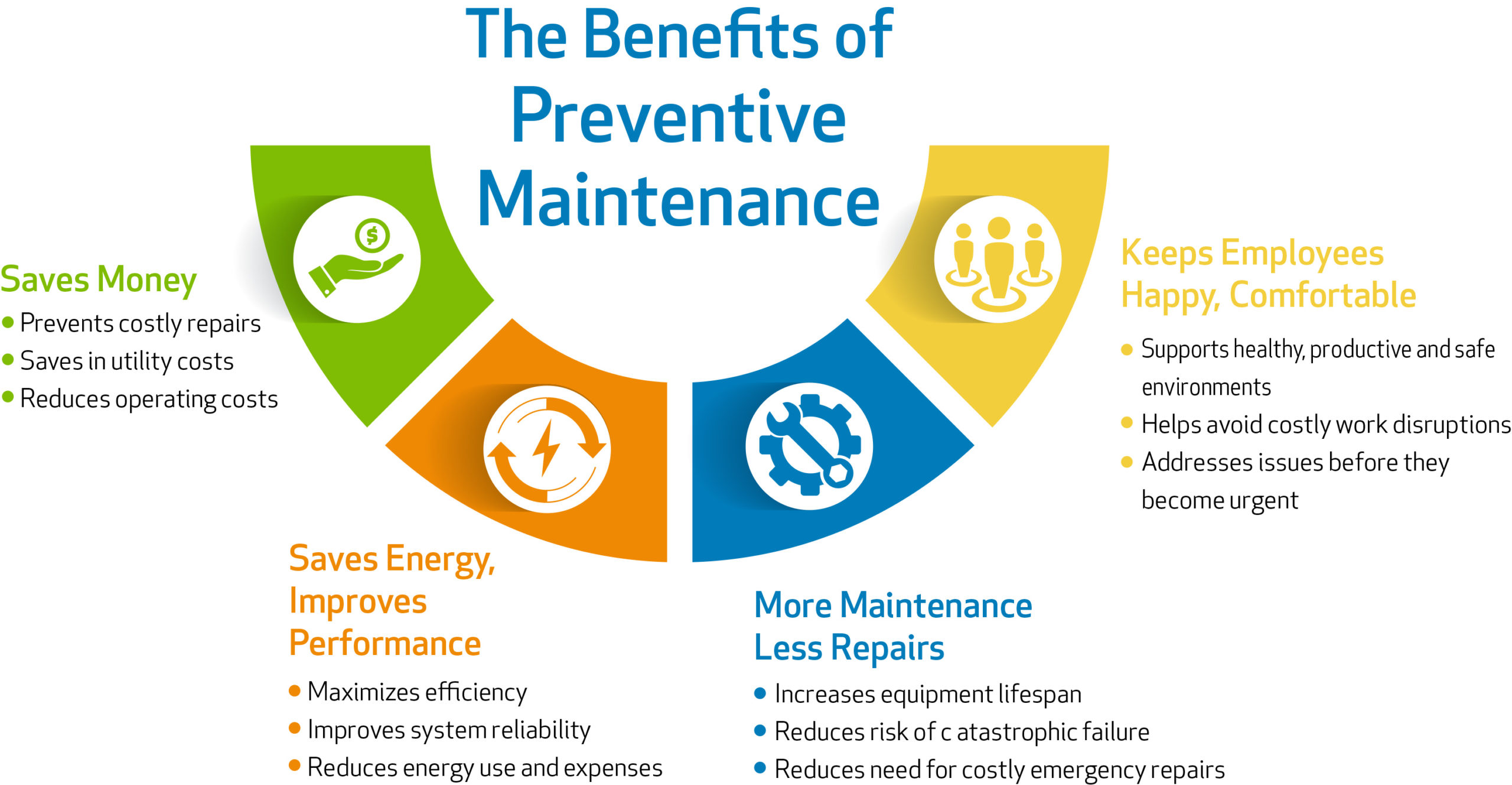If you've noticed a foul odor coming from your kitchen sink, chances are it's caused by sewer gas. This unpleasant smell is not only unpleasant, but it can also be harmful to your health. But what exactly causes sewer gas smell from your kitchen sink? Sewer gas is a mixture of gases such as methane, hydrogen sulfide, and ammonia that is produced by the decomposition of organic matter. When everything is functioning properly, these gases are carried out of your home through your plumbing system. However, if there is an issue with your plumbing, the gas can back up into your home and cause a distinct smell.1. Causes of Sewer Gas Smell from Kitchen Sink
Dealing with a sewer gas smell in your kitchen sink can be frustrating, but luckily there are several ways to get rid of it. The most common solution is to pour a cup of baking soda down the drain, followed by a cup of vinegar. Let it sit for 10-15 minutes before flushing it out with hot water. Another option is to use a commercial drain cleaner specifically designed to eliminate sewer gas smells. These cleaners are typically more potent and can effectively break down any buildup or blockages in your pipes.2. How to Get Rid of Sewer Gas Smell from Kitchen Sink
Understanding the common causes of sewer gas odor in your kitchen sink can help you prevent it from happening in the future. One of the most common reasons is a clog in your plumbing system. When there is a blockage, the gases have nowhere to escape and will back up into your home. Another common cause is a dry P-trap. The P-trap is the U-shaped pipe under your sink that is designed to hold water to prevent sewer gases from entering your home. If the water in the P-trap evaporates, it can allow the gases to enter your home.3. Common Reasons for Sewer Gas Odor in Kitchen Sink
Aside from using baking soda and vinegar or a commercial drain cleaner, there are a few other DIY solutions you can try to get rid of sewer gas smell in your kitchen sink. One option is to pour a cup of bleach down the drain and let it sit for a few hours before flushing it out with hot water. You can also try using a plunger to dislodge any blockages in your pipes. Make sure to cover the overflow holes with a wet cloth to create a stronger suction.4. DIY Solutions for Sewer Gas Smell in Kitchen Sink
If you've tried DIY solutions and the sewer gas smell is still lingering in your kitchen sink, it may be time to call in a professional plumber. They have the expertise and tools to properly diagnose and fix any issues with your plumbing system. Professional plumbers may also recommend installing a backflow preventer, which can prevent sewer gases from entering your home. Regular maintenance checks by a professional can also help catch any potential issues before they turn into bigger problems.5. Professional Tips for Eliminating Sewer Gas Odor from Kitchen Sink
Prevention is key when it comes to avoiding sewer gas odor in your kitchen sink. One of the simplest ways to prevent it is to make sure your P-trap is always filled with water. You can also pour a small amount of cooking oil down the drain to create a barrier and prevent the water from evaporating. Regularly cleaning and maintaining your plumbing system can also prevent any clogs or buildup that can lead to sewer gas smells. This includes regularly flushing your drains with hot water and using a drain cleaner once a month.6. How to Prevent Sewer Gas Smell in Kitchen Sink
Aside from the distinct smell, there are other signs that can indicate a sewer gas leak in your kitchen sink. These include slow draining or gurgling noises coming from your pipes, as well as visible water stains or mold growth around your sink. If you notice any of these signs, it's important to address the issue as soon as possible to prevent any potential health hazards for you and your family.7. Signs of a Sewer Gas Leak in Kitchen Sink
Sewer gas may not only be unpleasant, but it can also be harmful to your health. Exposure to high levels of sewer gas can cause headaches, dizziness, and nausea. In extreme cases, it can even lead to asphyxiation. If you're experiencing any symptoms and suspect a sewer gas leak, it's important to seek professional help immediately.8. Health Risks of Sewer Gas Odor in Kitchen Sink
There are a few common mistakes that homeowners make that can lead to sewer gas smells in their kitchen sink. These include pouring grease or oil down the drain, flushing non-flushable items, and not properly maintaining their plumbing system. Being mindful of what goes down your drain and regularly maintaining your plumbing can help prevent these mistakes and the resulting sewer gas smells.9. Common Mistakes that Cause Sewer Gas Smell in Kitchen Sink
Regular maintenance is crucial in preventing sewer gas odor from your kitchen sink. This includes regularly cleaning your drains, checking for any potential issues, and addressing them promptly before they turn into bigger problems. By taking these proactive measures, you can ensure that your plumbing system is functioning properly and prevent any unpleasant and potentially harmful sewer gas smells in your kitchen sink.10. Importance of Regular Maintenance to Prevent Sewer Gas Odor in Kitchen Sink
The Cause of Sewer Gas Odor from Kitchen Sink

What is Sewer Gas Odor?
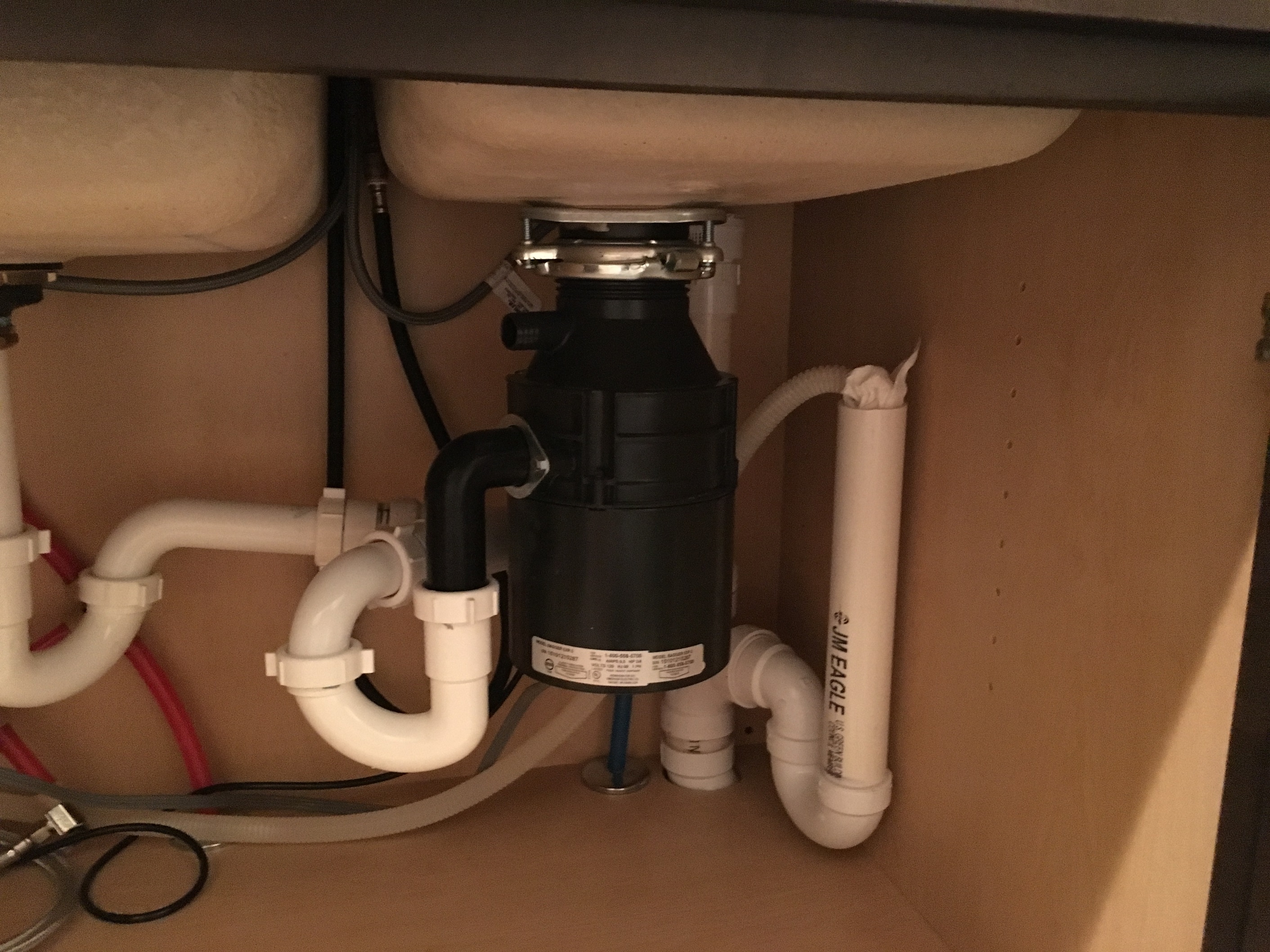 Sewer gas odor is a common problem that homeowners may face, especially in the kitchen. This unpleasant smell is caused by a build-up of gases such as methane, hydrogen sulfide, and ammonia, which are byproducts of decomposing organic matter. The gases can enter your home through cracks or holes in the plumbing system, and can also be released when water in the drain trap evaporates, allowing the gases to escape into your living space.
Sewer gas odor is a common problem that homeowners may face, especially in the kitchen. This unpleasant smell is caused by a build-up of gases such as methane, hydrogen sulfide, and ammonia, which are byproducts of decomposing organic matter. The gases can enter your home through cracks or holes in the plumbing system, and can also be released when water in the drain trap evaporates, allowing the gases to escape into your living space.
The Main Culprits
 There are several potential causes of sewer gas odor from the kitchen sink. The most common is a faulty or damaged plumbing system. As mentioned before, cracks or holes in the pipes can allow the gases to seep into your home. Another possible cause is a clogged drain, which can prevent proper water flow and lead to the build-up of decomposing organic matter. In some cases, the problem may also be due to a faulty or improperly installed vent pipe, which is responsible for releasing sewer gas to the outside of your home.
There are several potential causes of sewer gas odor from the kitchen sink. The most common is a faulty or damaged plumbing system. As mentioned before, cracks or holes in the pipes can allow the gases to seep into your home. Another possible cause is a clogged drain, which can prevent proper water flow and lead to the build-up of decomposing organic matter. In some cases, the problem may also be due to a faulty or improperly installed vent pipe, which is responsible for releasing sewer gas to the outside of your home.
The Dangers of Sewer Gas Odor
 Aside from the obvious unpleasant smell, sewer gas odor can also pose health risks. Exposure to high levels of these gases can cause nausea, dizziness, headaches, and even respiratory problems. In extreme cases, it can even be explosive if the concentration of the gases is high enough.
Aside from the obvious unpleasant smell, sewer gas odor can also pose health risks. Exposure to high levels of these gases can cause nausea, dizziness, headaches, and even respiratory problems. In extreme cases, it can even be explosive if the concentration of the gases is high enough.
How to Get Rid of the Odor
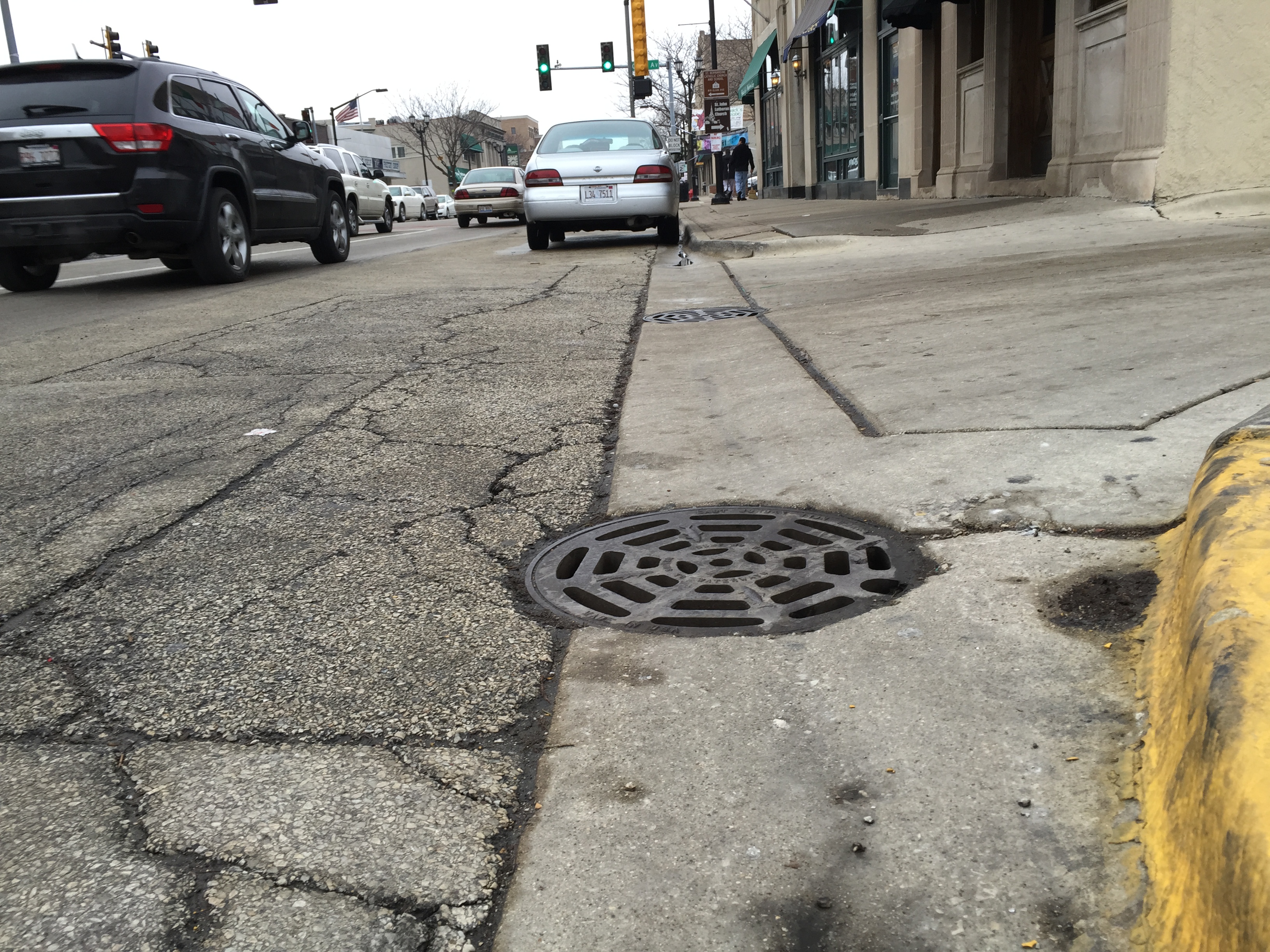 The first step to getting rid of sewer gas odor from your kitchen sink is to identify the source of the problem. If you suspect that your plumbing system is damaged, it is best to call a professional plumber to fix it. If the issue is a clogged drain, you can try using a plunger or a drain snake to clear the blockage. If the vent pipe is the culprit, it may need to be repaired or replaced by a professional.
The first step to getting rid of sewer gas odor from your kitchen sink is to identify the source of the problem. If you suspect that your plumbing system is damaged, it is best to call a professional plumber to fix it. If the issue is a clogged drain, you can try using a plunger or a drain snake to clear the blockage. If the vent pipe is the culprit, it may need to be repaired or replaced by a professional.
Preventing Future Odors
 To prevent sewer gas odor from coming back, it is important to maintain your plumbing system and drains regularly. Regularly cleaning your sink and drain traps can also help to prevent build-up of organic matter. Additionally, make sure that all vent pipes are installed correctly and are free from any obstructions.
In conclusion, sewer gas odor from the kitchen sink can be a nuisance and a health hazard if left untreated. By identifying the cause and taking necessary steps to fix it, you can eliminate this unpleasant odor from your home. Regular maintenance and proper installation of plumbing systems and vent pipes can also help to prevent future odors. Remember, if the problem persists, it is best to seek help from a professional plumber.
To prevent sewer gas odor from coming back, it is important to maintain your plumbing system and drains regularly. Regularly cleaning your sink and drain traps can also help to prevent build-up of organic matter. Additionally, make sure that all vent pipes are installed correctly and are free from any obstructions.
In conclusion, sewer gas odor from the kitchen sink can be a nuisance and a health hazard if left untreated. By identifying the cause and taking necessary steps to fix it, you can eliminate this unpleasant odor from your home. Regular maintenance and proper installation of plumbing systems and vent pipes can also help to prevent future odors. Remember, if the problem persists, it is best to seek help from a professional plumber.



:max_bytes(150000):strip_icc()/sink-pipe-under-wash-basin-119001607-6f28aec4c66944efb7a9a38cb622ab8b.jpg)


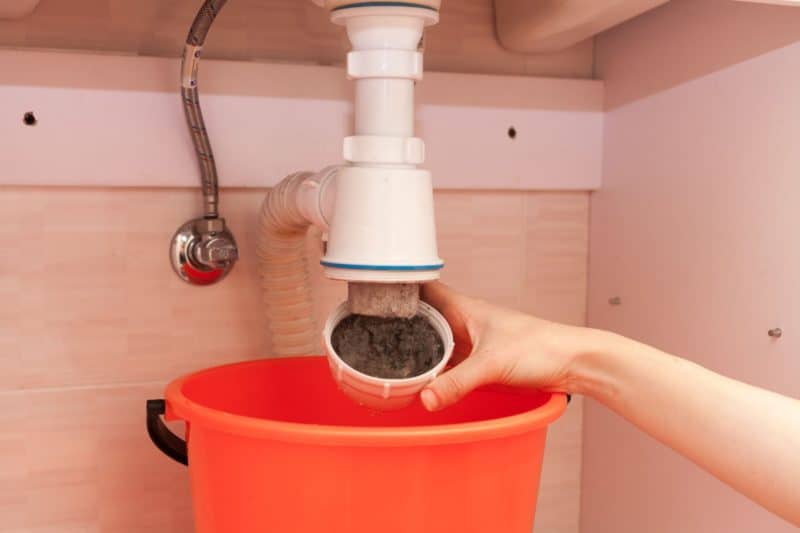


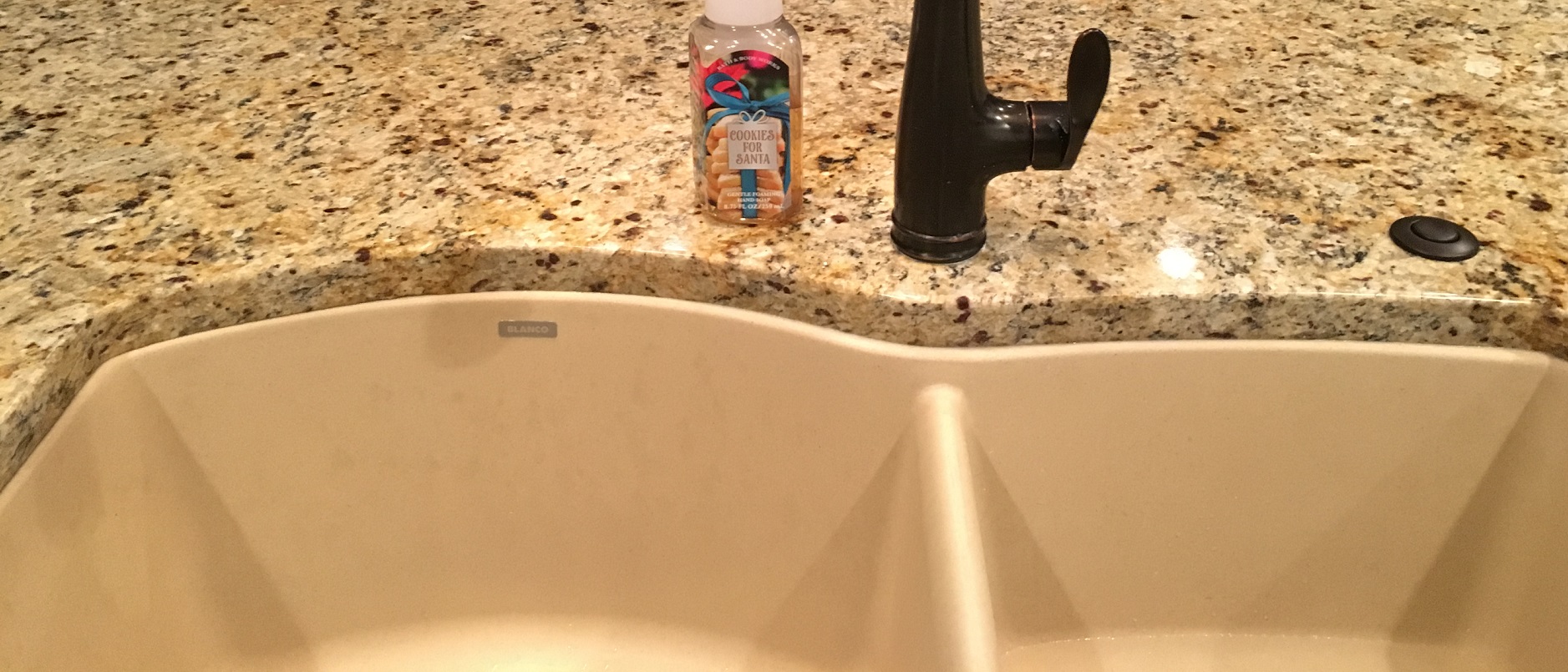


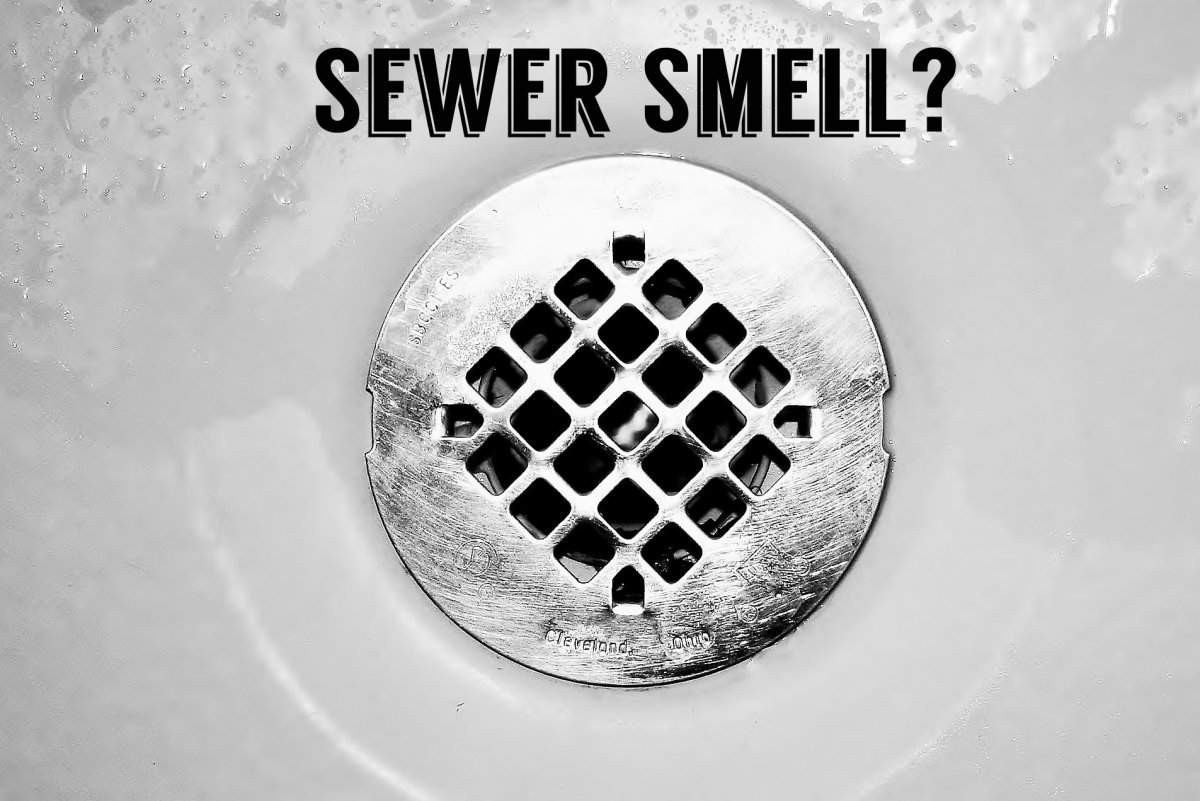





:max_bytes(150000):strip_icc()/signs-of-a-sewer-drain-clog-2718943_FINAL-7306dab348804135897b63a4411cdfdf.png)
